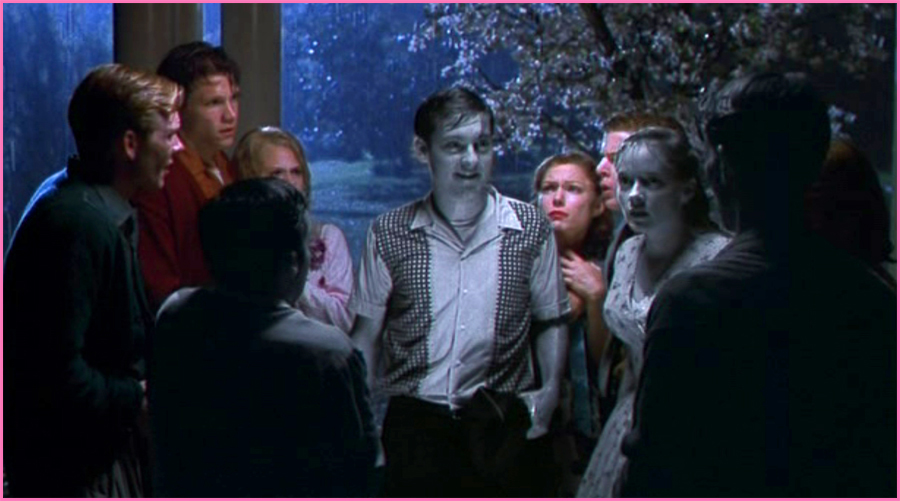Welcome to the Wakefield Doctrine (the theory of clarks, scotts and rogers)
This is the Six Sentence Story bloghop. Hosted by Denise, it’s a fun way to see if you can find any doors inside your head that you may have forgotten were there. The rules are simplest: write a story using the prompt word and keep it to six sentences.
Funny about these ‘hops. They allow us to sometimes catch a glimpse of the process of making stories up. Don’t mean to get technical and all Oxford Literary Review on you, but that’s pretty much as fun and interesting as writing the stories. This week is no exception.
At the start of the week I was thinking how maybe I’d do another ‘Missing Starr’ Six Sentence story. I’ve enjoyed the previous installments. (In fact, here is the link to the last ‘Missing Starr’ story and it actually is a ‘set up’ for this week’s Six).
Fine, I’ve got an idea, at least of the characters and setting, but nothing to get me running for the keyboard, ya know? And then, for god knows what reason, I flashed on a scene from the movie, ‘True Romance’, and what got caught in my head wasn’t the scene, it was the background music. I went and found the song on youtube and from the first note, somehow, it was the Six Sentence Story. Weird.
The word this week:
INVESTIGATE
The neon hand flashed red and Hazel Grover felt the crowd of lunchtime pedestrians surge and jostle at the edge of the sidewalk at the intersection of Empire and Washington Streets, across from the Bottom of the Sea Strip Club and Lounge; her curiosity and an impulse to investigate drove her from the offices of Desiderata Investigation and Conflict Resolution, LLC ten minutes after turning down her employer’s invitation to join him for lunch.
She caught a sudden motion in the red velvet curtains covering the plate-glass windows, a flesh-colored arm retreating like an mis-applied apostrophe and, feeling her resolve flutter and pulsate in rhythm with the neon message shouting mutely at the passersby, ‘GIRLS!’ and ‘ALL NUDE!!’, the partial redundancy ignited a mischievous smile and she followed it into the lounge.
A sudden blast of air conditioning brushed her dark hair from her eyes as she surveyed the interior; to the right a row of booths, on the left a circular stage and, dividing the interior down the middle, a bar, it’s stacked rows of amber and gold liquor bottles serving both as a wall and a prism for the light that ricocheted from mirrored walls.
On the stage a young woman playing hide and go seek with a glowing circle of light decided a brass pole was a perfect hiding place, her decision roundly applauded by the concentric rings of men; to the right she caught sight of Ian sitting in a booth talking to a short man holding a large cigar and, leaning into a step towards him, heard a woman’s voice say, “Are you alone?’
As the blonde woman stepped confidently towards her, Hazel’s eidetic memory provided a name out of a throw-away conversation from a year before, Diane Tierney, hostess and manager of the dancers at the Bottom of the Sea. The other woman’s eyes flickered in the direction of Hazel’s glance and, with a new, more personal smile said, “You must be Hazel Grover, Ian has told me so much about you.”









